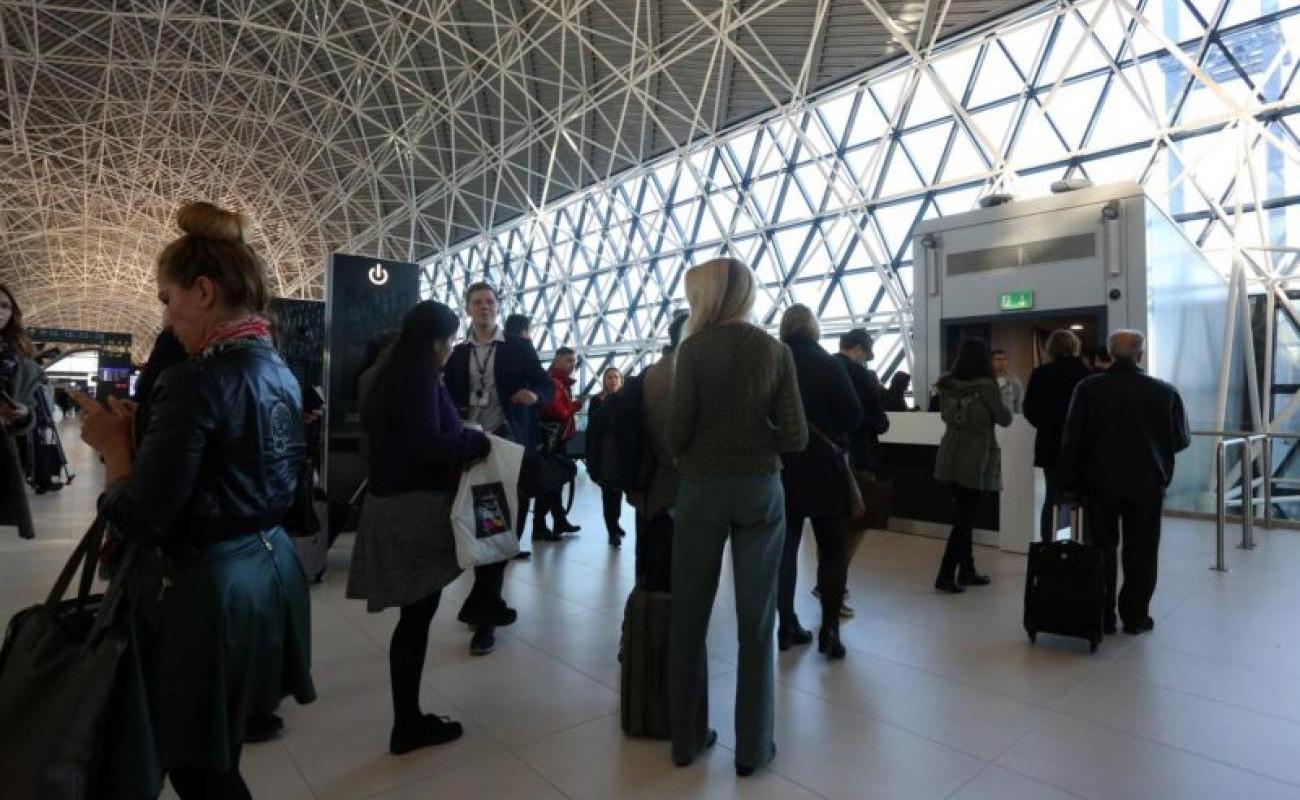Croatia Transport Connections to Key Europe Centres Supported by EP

As Poslovni writes, Croatian MEP Valter Flego, the author of the changes to the European transport corridors related to Croatia, pointed out that this way Croatia will "finally be connected to the key European centers by road, sea, air and rail".
"The connection Pula-Buzet-Divača-Trieste will be the first international route that will connect Istria with the west by rail and open up the possibility of further revitalization of the railway route to the rest of Croatia. There is also the construction of a new railway section Zagreb-Maribor-Graz, which will drastically shorten the journey from Zagreb to Austria and enable better traffic flows for entrepreneurs who transport cargo. It is also planned to connect the Port of Rijeka to the Baltic-Adriatic corridor, which opens up the possibility of expanding its capacities. We want to ensure Croatia's connection to the Western Balkans corridor, geostrategically position the Port of Ploče as a key point for cargo transportation from the region, and modernize the railway route from Zagreb to the far east of Croatia. We extended the Mediterranean corridor from Rijeka to Split, which will finally revive the Lika railway. We have secured additional European funds for modernization of the Split seaport and airport, as well as a direct railway connection between Rijeka and Split with Western Europe, via Zagreb to Graz," explained the Croatian MEP.
Flego pointed out that the proposals were supported by all Croatian MEPs. "For the first time since Croatia joined the EU, we participated in the revision of European transport corridors. And I can freely say: together we succeeded".
He also thanked the Slovenian and Italian representatives from the liberal club Renew and the rapporteur of the Parliament, Dominique Riquet, who supported Croatia's connection to the most important European transport routes, and reminded that credit also goes to his predecessors in the liberal club in the EP, Ivan Jakovčić and Joza Radoš, who worked on the initiatives in the previous convocation of the EP.
On the proposals for changes to the guidelines for the development of the trans-European transport network, after they were accepted by the competent committee with 44 votes out of a total of 45, all MEPs should vote at the plenary session next week in Strasbourg. This is followed by inter-institutional negotiations of the Commission, the Parliament and the Council, that is, the member states.
Flego points out that in order to make changes to the EU's transport network, Croatia would get a new 26 billion euros from the Connecting Europe Facility and calls on the government to prepare proposals.
"We secured the money and now the ball is exclusively in the state's hands. Insufficiently good project preparation, lack of architects and contractors, administrative obstacles, and slow state administration - these are problems that we simply have to solve and be 100% ready at the beginning of next year. Otherwise, we will have to return the money. That is why I call on the Government of the Republic of Croatia to take care of the fact that we must have prepared projects at the beginning of next year for new sections on European corridors. No more excuses. There must be no delay in the preparation of projects, neither by the Government, nor by the competent ministry, nor by HŽ", says Flego.
The revised TEN-T network policy aims to build a reliable, uninterrupted and high-quality trans-European transport network that will ensure sustainable connectivity throughout the European Union without physical gaps, bottlenecks or missing links by 2050, the European Parliament says.
The aim of the TEN-T Network Regulation at EU level is to establish an effective multimodal network of railway infrastructure, inland waterways, short coastal shipping routes and roads connected to urban hubs, sea and inland waterway ports, airports and terminals in the EU -in. The legislative proposal for the revision of the Regulation on Union Guidelines for the Development of the Trans-European Transport Network (TEN-T) is a key action within the framework of the European Green Plan and Strategy for Sustainable and Smart Mobility. During the revision, efforts were made to solve the problems and incomplete standards of the infrastructure for alternative fuels within the TEN-T network, which has a negative impact on the climate and the environment.
